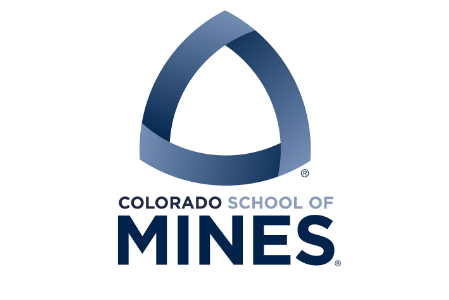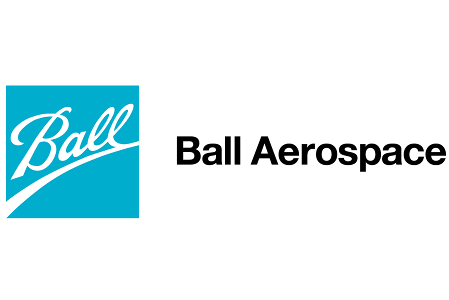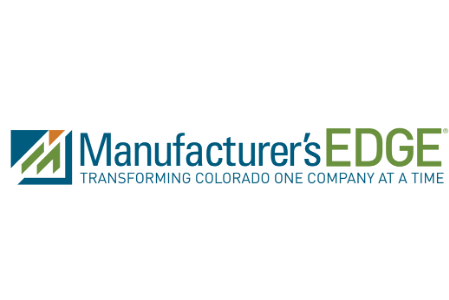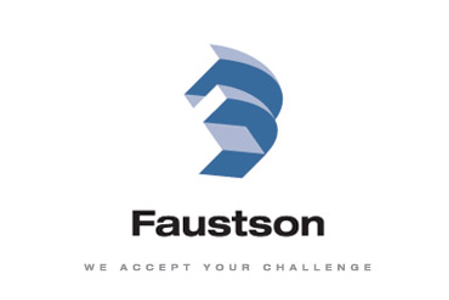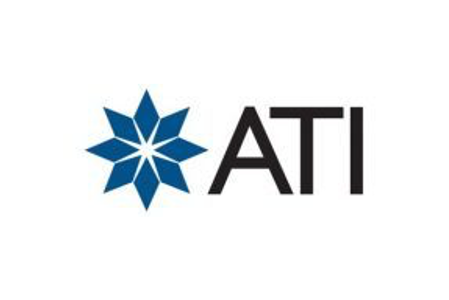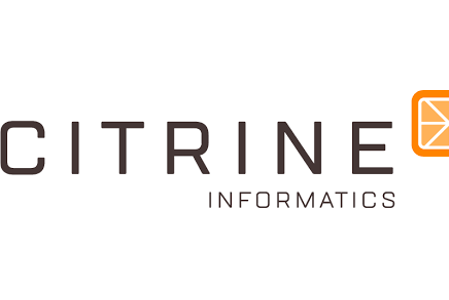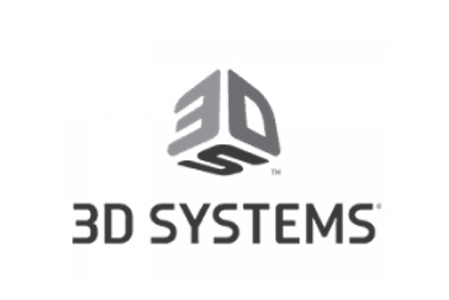About ADAPT
Welcome to ADAPT
The Alliance for the Development of Additive Processing Technologies (ADAPT) is a research and industry-academia consortium that promotes collaboration within the scientific, research and provider communities to advance data informatics and advanced characterization technologies for additive.
By leveraging the latest developments in materials characterization and machine learning, ADAPTSM members have unique opportunities to compete more effectively to become global AM leaders.
Additive with ADAPT
Processes
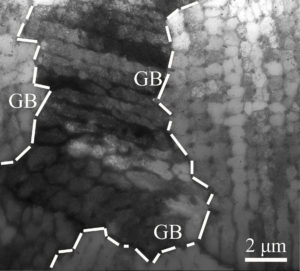 ADAPT optimizes processes for additive by exploring the complex process-structure-property relationships unique to additive methods. A barrier to AM process qualification is the lack of fundamental understanding about how the process variables impact the material microstructure and final part properties.
ADAPT optimizes processes for additive by exploring the complex process-structure-property relationships unique to additive methods. A barrier to AM process qualification is the lack of fundamental understanding about how the process variables impact the material microstructure and final part properties.
ADAPT is engaged with the Army Ground Vehicle Systems Center to develop a flexible and robust qualification approach that spans AM processes and materials that will support various platforms across the ground vehicle fleet.
Materials
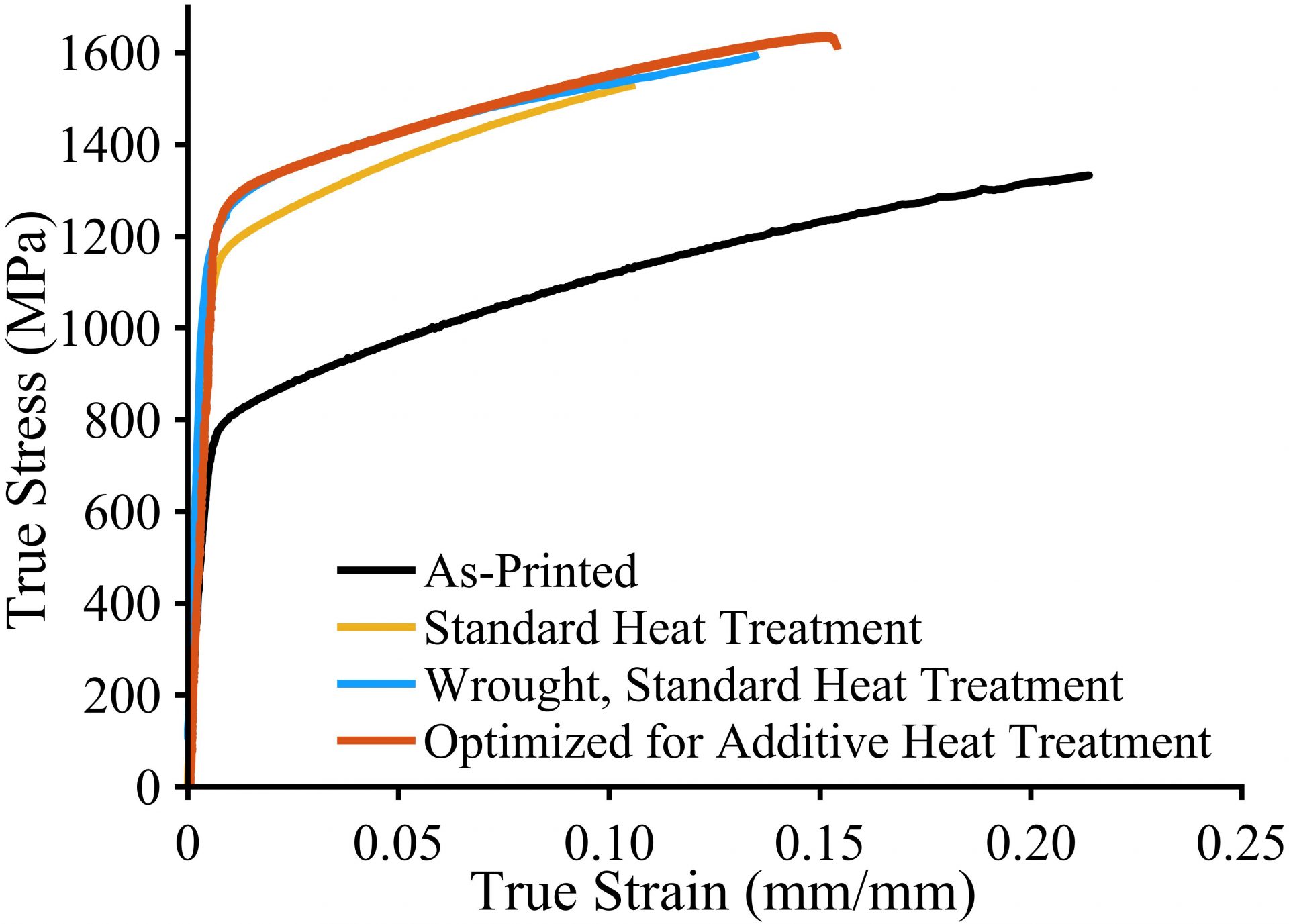 ADAPT optimizes materials for additive using high-throughput characterization and materials informatics to model the complex melting thermal histories that occur in AM processes.
ADAPT optimizes materials for additive using high-throughput characterization and materials informatics to model the complex melting thermal histories that occur in AM processes.
Thermal processing standards for Inconel 718, a nickel superalloy known for high strength at high temperature, were developed for cast and wrought materials. For AM IN718, however, these standard heat treatments lead to the formation of defects that diminish strength. ADAPT has optimized new thermal processing schedules specific to rapidly solidified additive microstructures that maximize strength and minimize embrittlement.
Parts
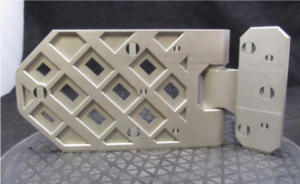 To optimize parts for additive, ADAPT uses data informatics to integrate part quality, microstructure and topology in the design process.
To optimize parts for additive, ADAPT uses data informatics to integrate part quality, microstructure and topology in the design process.
ADAPT partnered with TARDEC, 407th Army Field Support Battalion–Carson, AFRL and Elementum 3D in a one-year program to redesign MRAP armored vehicle door hinges that often failed in the field and took months to replace. Using datasets to predict quality, the team designed hinges that were considerably stronger and lighter than the legacy parts. The new hinges were also printed as a single piece – a direct. bolt-in replacement of what previously was a six-part assembly.
Learn More
- Find out how your business can benefit from the ongoing research at ADAPT
- Learn about ADAPT’s cutting-edge capabilities available in our labs at Colorado School of Mines
- Meet our leadership team as well as our faculty and student researchers
- Our membership continues to grow! See who’s new on our list of members
- Questions? Contact us!

